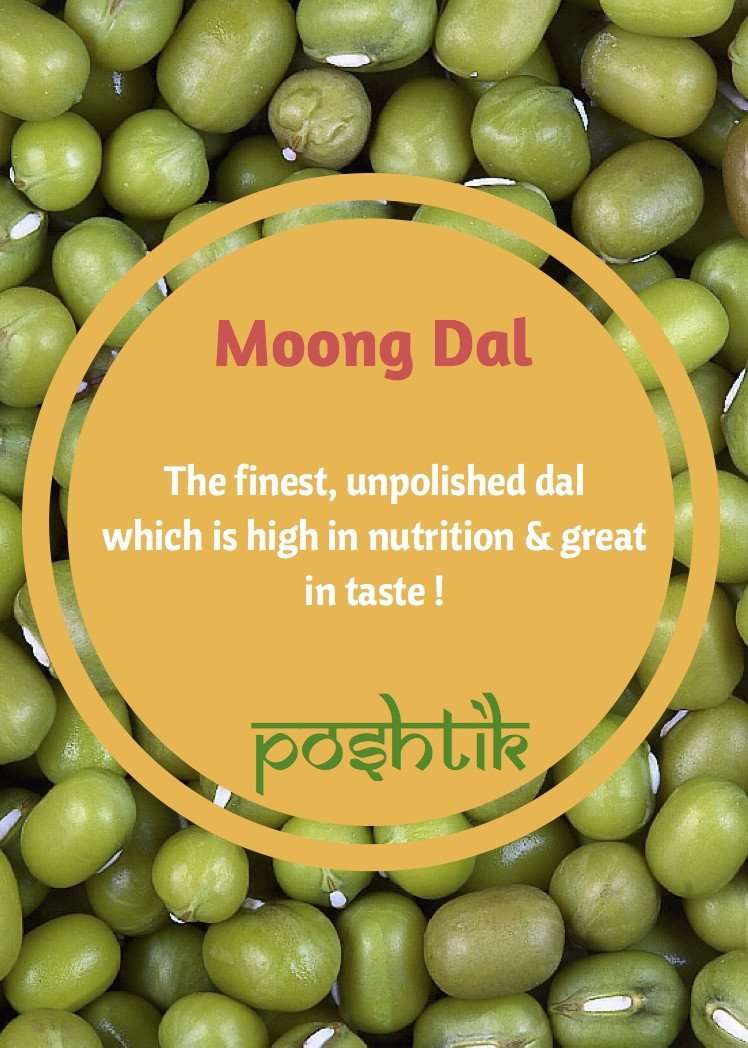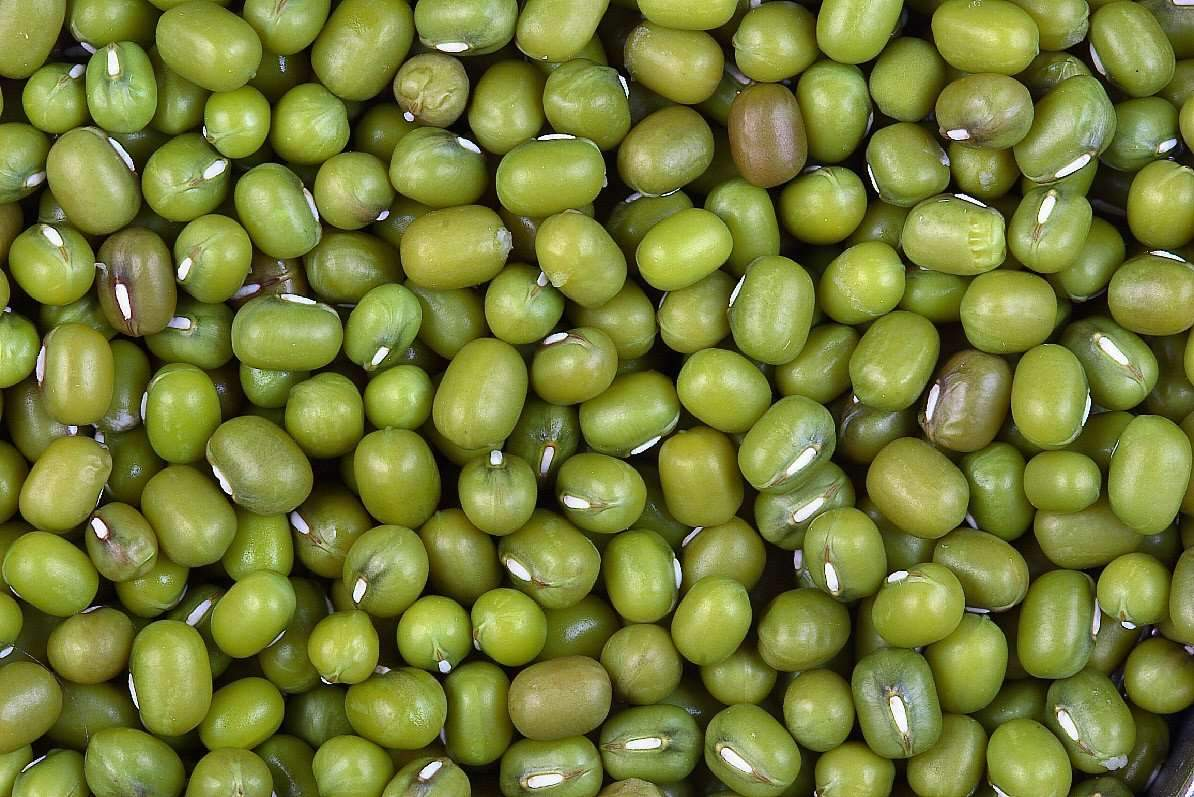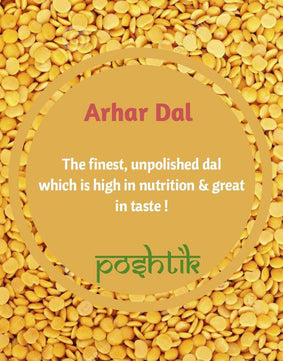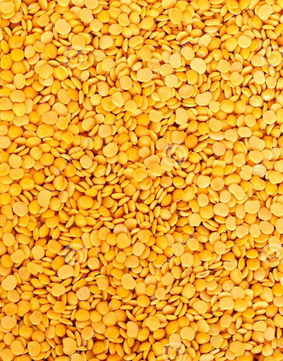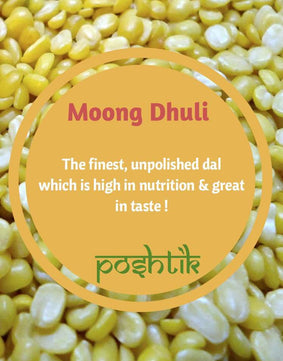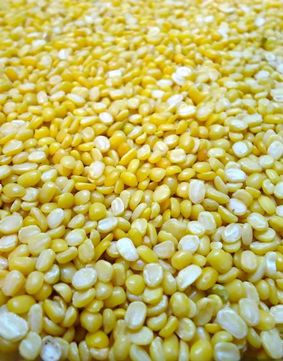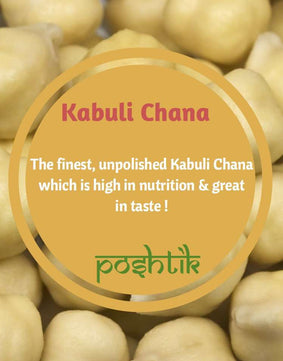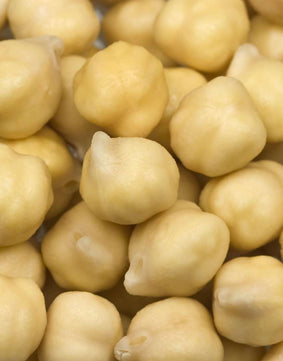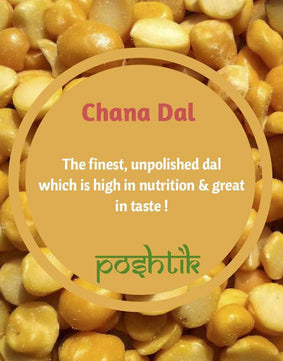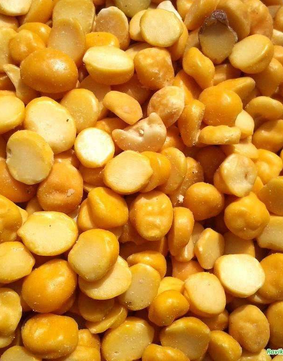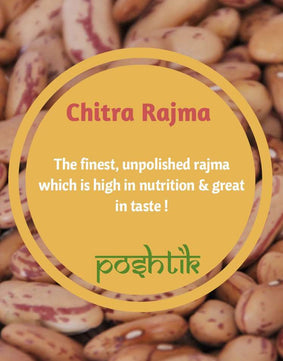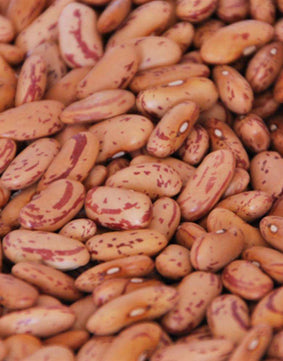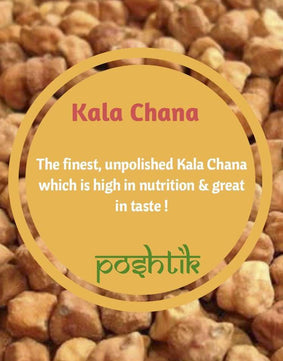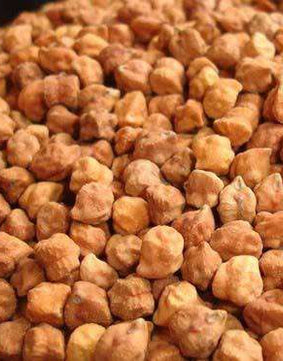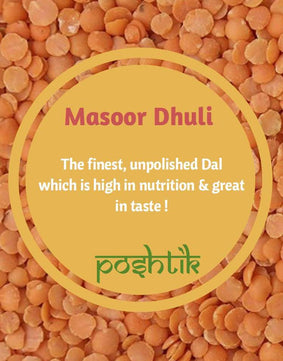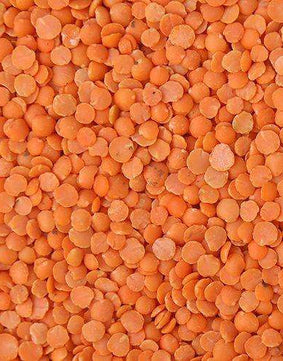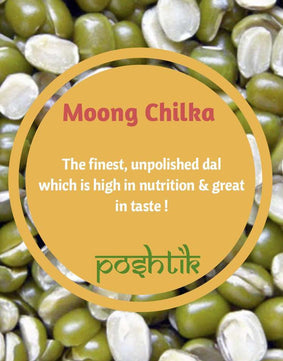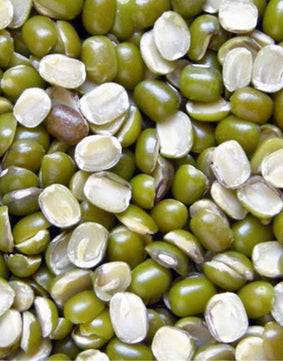Sourced from local mandi’s in Madhya Pradesh and Rajasthan, Poshtik unpolished Moong Dal is packed with protein and low on carbs. Green gram or moong dal is one of the best vegetarian superfoods. Amongst various nutritients, Moong dal is a rich source of Vitamin A (Beta-Carotene) compared to other lentils. 100gms of Moong Dal offers as much as 50% of daily requirement of essential minerals such as iron and magnesium. Magnesium promotes muscle and nerve function and help build strong bones.
Moong dal Chilka (split) and dhuli (skinned) are both extremely light and easy to digest. It is easier to cook but lacks the fiber content of whole green moong. Compared to other dals, moong dal is one of the low carb pulses available.
Now all 3 Moong Dal variants available at poshtik.in including moong sabut.
The practice of polishing pulses (or for that matter other food products like rice, sugar, etc.) has its origin in the desire to improve its keeping quality, and over time an established demand for good appearance. Unfortunately, the aesthetic sense is appealed to in greatest measure in this case by the product of lowest nutritive value.
Polishing, though not recommended, is done primarily for second and third grade dal. Dobious quality oil, colour and marble powder are used to improve appearance and price of the product. Commonly leather belts are used for rubbing dal against the screen to give shine and uniform look.
The advantages and disadvantages polished dals?
Here’s a simple list:
Key Advatanges
- Improves shelf life and storability of the grain
- Reduces impact of microbes and other pests
- Shine makes it more attractive
- Yields better price in the market
Disadvantges
- Polishing leads to loss in nutritive value, primarily natural fibre
- Adulteration with sub standard oils, stone powder, etc. is harmful for human consumption
- Poor value for money, since inferior grade is typically packaged and sold
- Takes longer to cook
Order some moong dal now!

